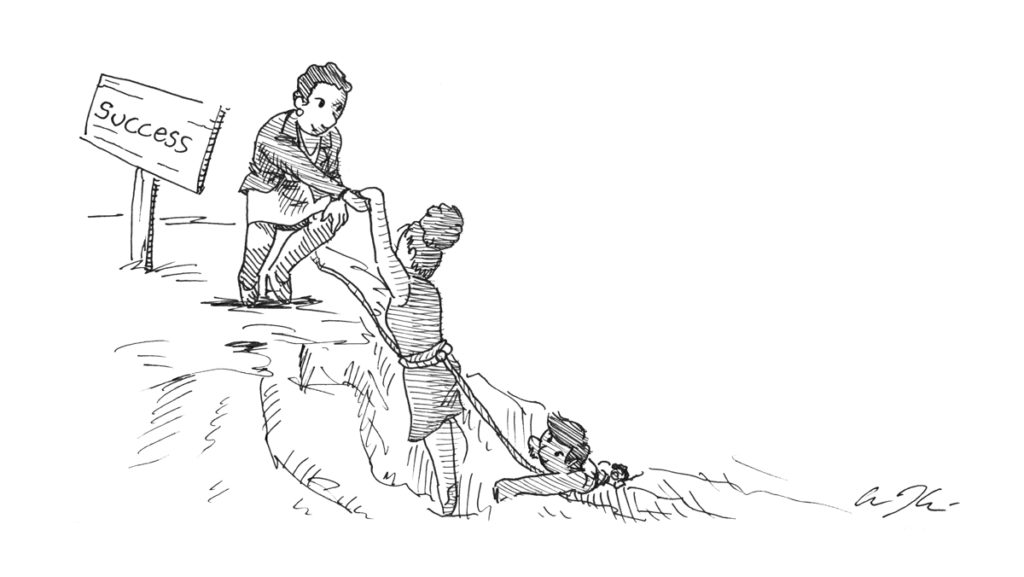President Shirley M. Collado recently announced La Jerne Cornish as the new provost and senior vice president for academic affairs at Ithaca College on April 25. Cornish, a woman of color who has held positions of executive leadership at higher education institutions, will not only diversify Collado’s senior leadership team but also has the experience and skill necessary to hopefully be successful in her position.
This is true of many of the other senior leadership positions Collado has appointed in the past year, including Rosanna Ferro, vice president for the Division of Student Affairs and Campus Life; Melissa Daily, chief of staff to the president; and Paula Younger, executive director for Government and Community Relations. By providing opportunities for women of color to take leadership roles at an educational institution — especially at a college that has had a tumultuous past regarding the former administration and its racial interactions — the college is intentionally taking necessary steps to remedy the gender and racial gap that has plagued academia since its conception.
Shown in multiple studies, within higher education, it is no secret that women of color — or people of color as a whole — are faced with significant challenges when trying to achieve executive positions. Oftentimes, women of color in academic administrations are left doing invisible, unrewarded work, as explained in the work of Stephanie Y. Evans, professor at Clark Atlanta University, while their white or male colleagues are the ones who receive promotions and recognition. Although this is prevalent in most job industries in the Western world, academia is a key industry, as it is crucial for students to be led by people who accurately represent them.
That being said, while Collado’s efforts to hire a diverse staff and faculty are to be commended, the fact that all of her hiring decisions were made either without searches or were closed to the public cannot be ignored. As The Ithacan has expressed before, closed searches negatively impact the student body at the college, especially for positions as influential to students as the provost and vice president of student affairs.
Closed searches do not allow for democratized input from the campus community about the candidates the committee plans to hire. Although faculty and students at the college had the opportunity to meet with and voice their thoughts to the confidential committee that screened the candidates, they had no opportunity to publicly tour the campus or directly interact with the community. Despite this, Cornish, Ferro, Daily and Younger are all important additions to the college and will hopefully serve as role models for all women of color on a campus who have often failed to represent their identities in positions of power.














